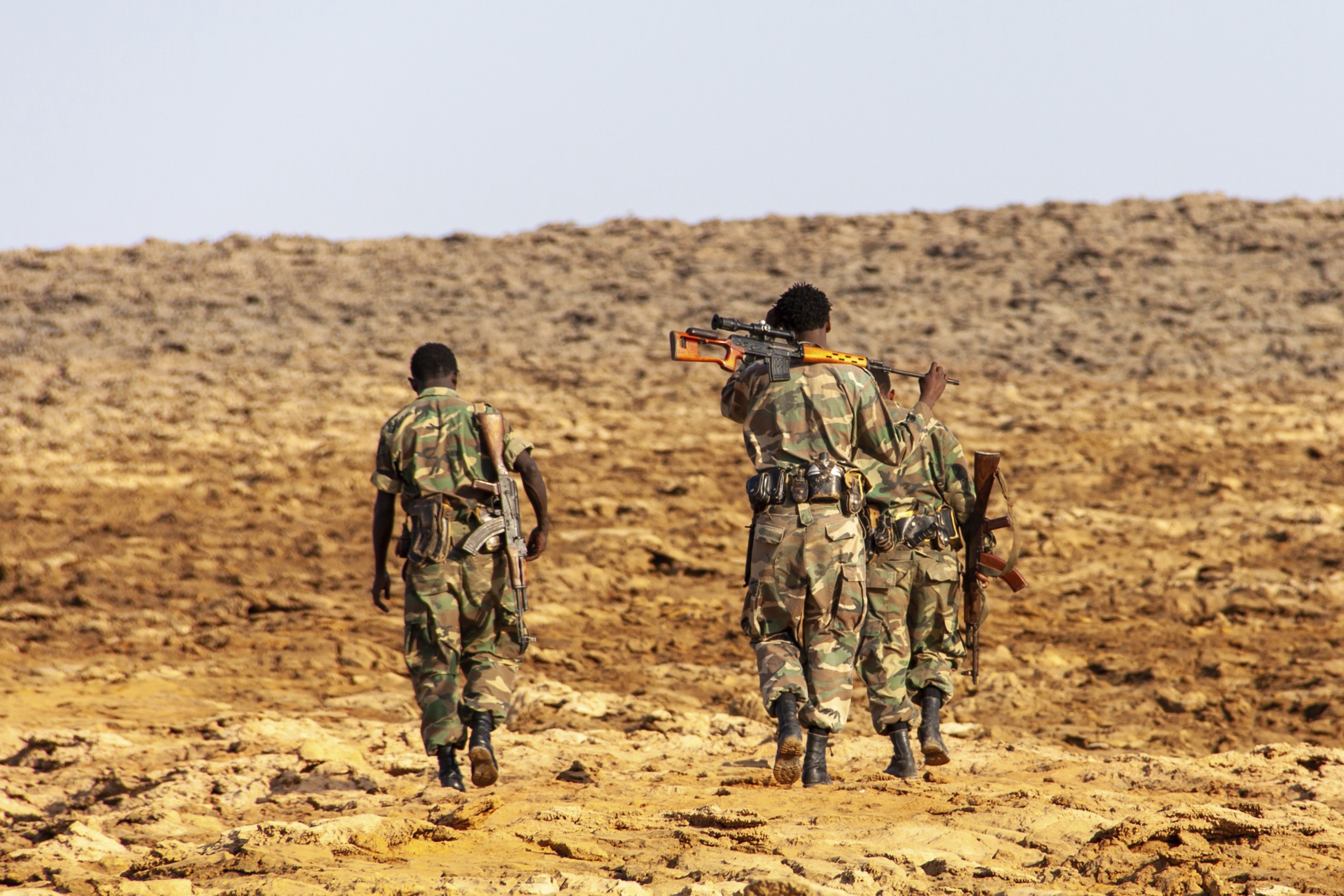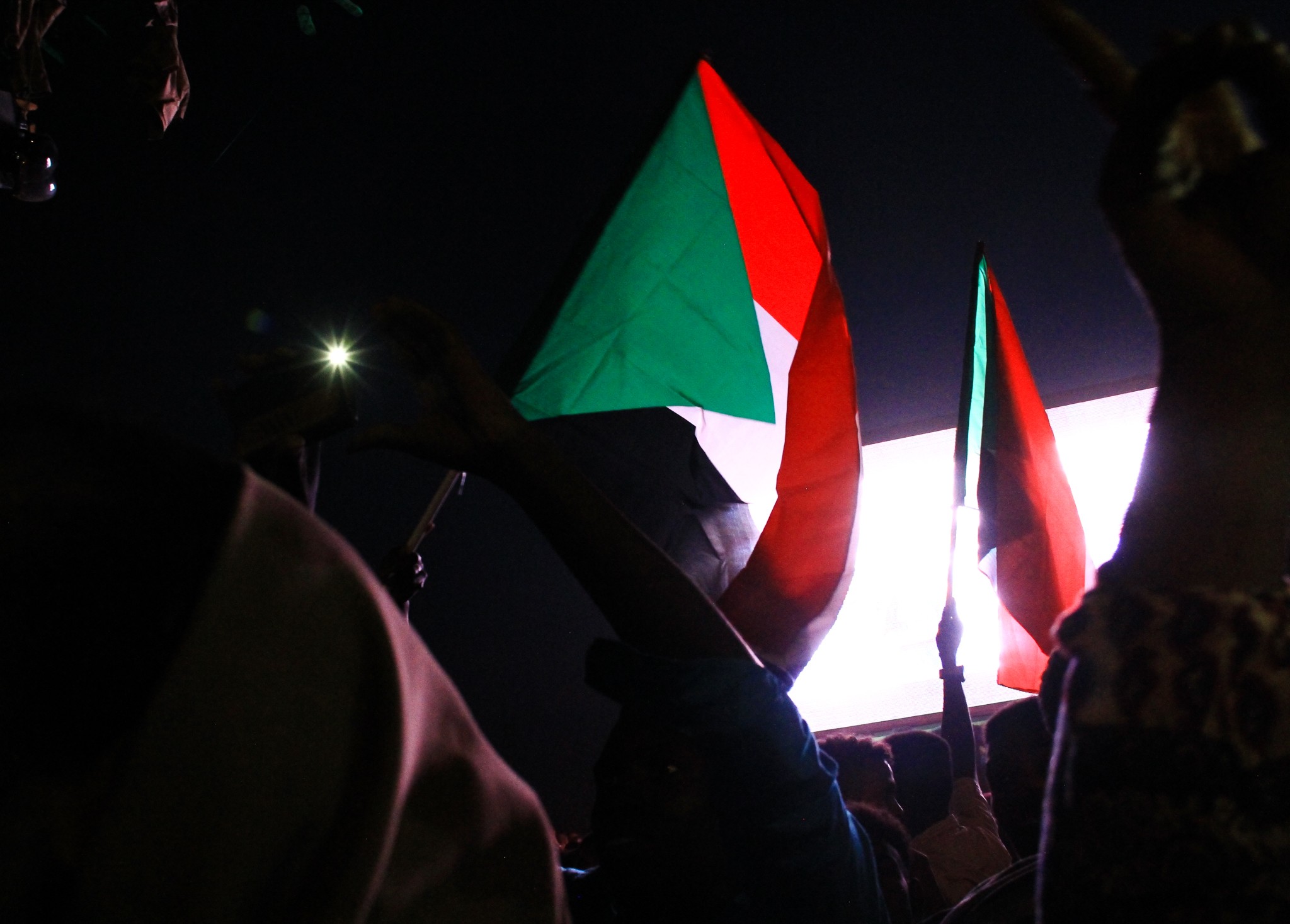Sudan’s hopeful political transition suffered multiple setbacks. Political unrest and a military coup on October 25, 2021, overturned parts of the previous power-sharing agreement. A framework agreement was signed in December 2022, urging the military to transfer power to a civilian government. However, by January 2023, the military had assumed complete control and restored army-dominated institutions.
The economic performance in Sudan is very poor. Days after the October 2021 coup, inflation skyrocketed to unprecedented rates, at times reaching more than 400%. In addition, Sudan lost all development aid and debt relief from international actors, which exacerbated the daily suffering of most citizens.
The political leadership in Sudan prioritizes the preservation of power over setting or maintaining long-term strategic goals. One of the main constraints that disrupts institutional reforms in various parts of the government is the remnants of the former regime, which still control key positions in the country. Rather than prioritizing their own power struggles, the regime should focus on countering corruption and controlling inflation to address the economic crisis.

